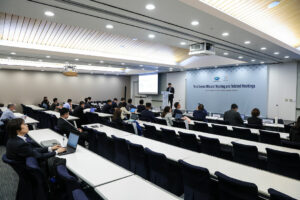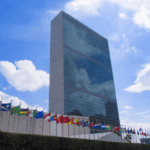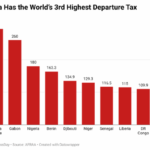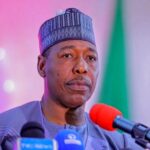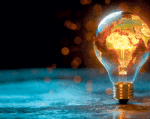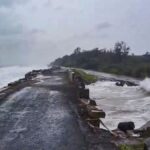
Twenty-one member economies comprise the Asia-Pacific Economic Cooperation (APEC). Together, they make up 61% of global GDP and half of global trade. Indeed, for the past 36 years, APEC has served as a venue for the emergence of ideas. APEC meetings provide a platform for its members to present their views, build consensus, and work collectively toward regional prosperity.
One such gathering, the 2025 APEC Economic Leaders' Meeting, will take place in the Republic of Korea from October 31 to November 1, specifically in Gyeongju city, Gyeongsangbuk-do. Gyeongju is the ancient capital of a millennium-old empire and the center of its culture. Serving as the capital of the Silla Dynasty from 57 BC to 935 AD, Gyeongju flourished for nearly a thousand years and is home to a remarkable concentration of UNESCO World Heritage Sites.
The theme of the APEC meeting is “Building a Sustainable Tomorrow: Connect, Innovate, Prosper”.
As this year's host, Korea will put forward two key issues affecting global prosperity: collaborating in the field of artificial intelligence (AI), and responding to demographic shifts.
Specifically, on AI cooperation, it will set an APEC-wide direction for AI use by focusing on capacity building and building a sustainable AI investment ecosystem.
Korea is an acknowledged world leader in the field of AI. It has passed its AI Basic Act, which will take effect in January, establishing the country as a global leader in the development of reliable and visionary AI. South Korean President Lee Jae Myung has secured a landmark partnership with asset manager BlackRock to help make Korea a regional hub for AI.
Korea was also the chair of the recent Security Council open debate on Artificial Intelligence and International Peace and Security at the United Nations through Mr. Lee.
According to an op-ed by South Korean Ambassador Lee Sang-hwa published in another newspaper, Mr Lee described AI using a metaphor – that of a very cute tiger cub. Like AI, the tiger cub could grow up to be a devouring predator, or it could even be a beloved companion, citing a character from a famous Korean show.
In addition to this AI milestone at the UN, Korea, along with the Netherlands, is also a leader in the Responsible Artificial Intelligence in the Military Domain (REAIM) initiative. It is a global platform that seeks to ensure transparency and accountability of AI applications in defense and keep it firmly under human control.
Korea enjoys great credibility in the region because it believes “innovation and ethics should move forward together, and even in matters of security, the fate of humanity should never be left to an algorithm,” the ambassador wrote.
Another important issue governing the upcoming talks is the need for ideal ways to respond to demographic changes, Korea will propose cooperative policies to build responsive systems for aging societies, strengthen human resource mobility, and promote innovation in health care and technology to transform demographic challenges into opportunities for future growth and innovation.
But at a time of increased geopolitical and geo-economic challenge within individual economies and across the larger Indo-Pacific and Asia-Pacific regions, is it realistic and possible to envision any path to prosperity for our people? And how does the Philippine economy, with all its nuances and unique characteristics, fit into the bigger picture?
This September, at the Subic Shipyard, the HD Hyundai Shipbuilding Enterprise was inaugurated through a symbolic cutting of steel, symbolizing the birth of a ship.
The investment will create at least 2,000 jobs, which was given a financial incentive under the Create More Act., According to Ambassador Lee, the Philippines-Korea Free Trade Agreement – signed by the leaders of both countries in September 2023, approved by their respective legislative bodies the following year, and which takes effect in late 2024 – solidifies Korea's position as one of the largest investors in the Philippines. Hyundai has made a substantial commitment to Subic.
“It has always been more than a port,” he wrote. “It symbolizes openness to trade, business and diplomacy.”
Given all this, the Philippines will be a keen participant in the upcoming APEC meeting in Korea. The principles of the economic bloc match our own economic objectives as a nation. Our goal is to advance trade and investment within the Asia-Pacific region and strengthen connectivity through physical, institutional and people-to-people exchanges.
We want to promote digital innovation by ensuring that we leverage the benefits of technology while minimizing its disadvantages and risks.
Through it all, we are driving sustainable and inclusive growth as we prepare to clearly address the global issues of energy, food security and demographic change.
We share APEC's commitment to dialogue and cooperation. While we face many challenging issues domestically, regionally and globally, we maintain our belief in the power of dialogue and cooperation, just like in APEC.
* Corporate recovery and tax incentives for enterprises to maximize opportunities to revive the economy
Victor Andres “Dindo” C. Manhit is President of the Stratbase ADR Institute.
